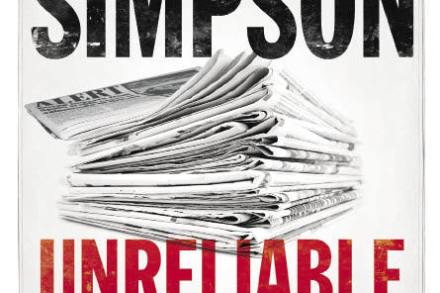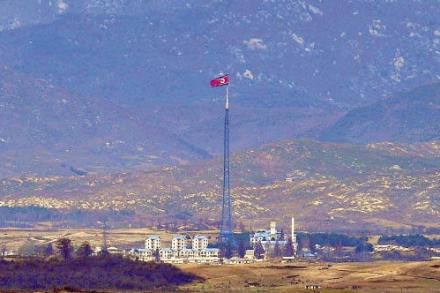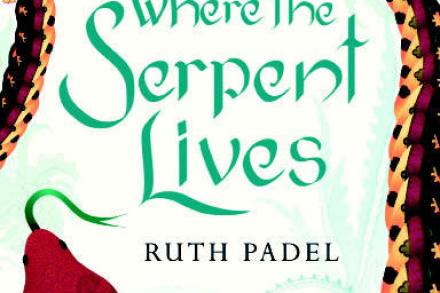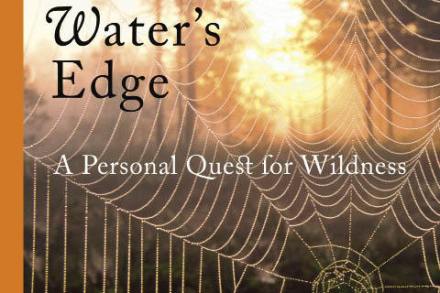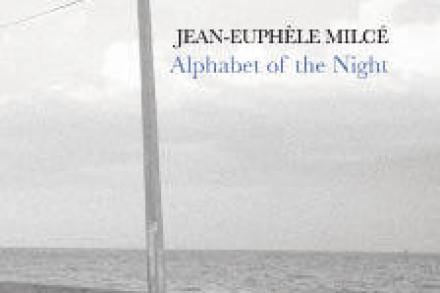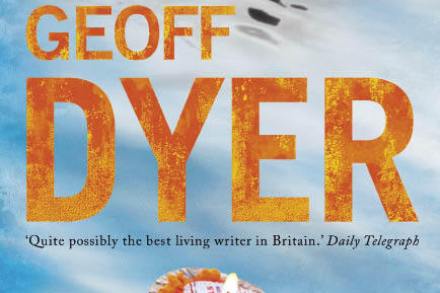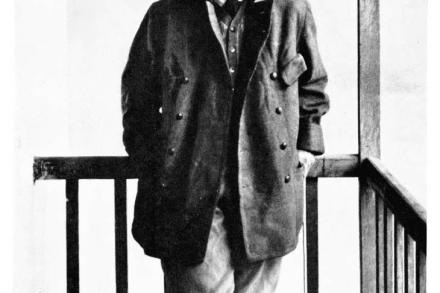The lure of adventure
A few minutes’ walk from Paddington Station is a drinking den and restaurant called the Frontline Club, a members’ club for foreign correspondents. A few minutes’ walk from Paddington Station is a drinking den and restaurant called the Frontline Club, a members’ club for foreign correspondents. Among the characters you might find banging on the bar, wedged between Rick Beeston of the Times, Jason Burke of the Observer, and gentleman freelancers such as Aidan Hartley or Sam Kiley, is James Brabazon, an award-winning documentary filmmaker specialising in war zones. Though there are plenty of female stars, such as the redoubtable Marie Colvin, with her fantastic hair and piratical eye-patch, this






